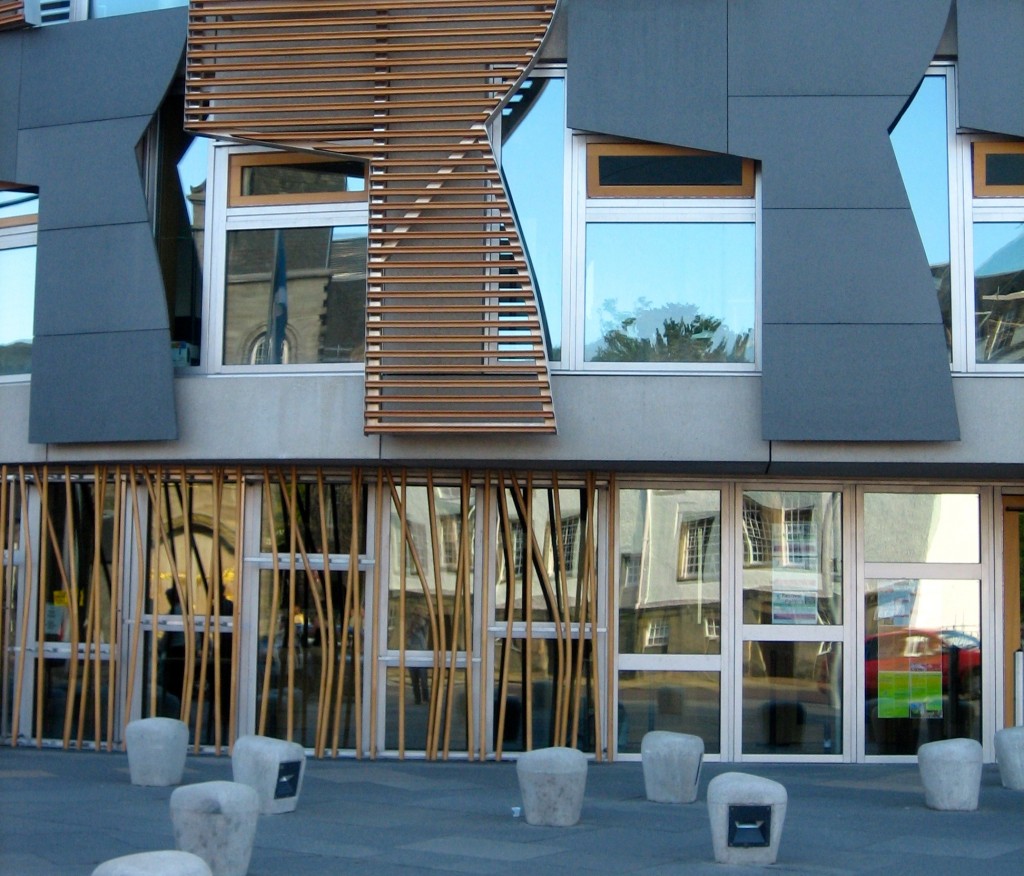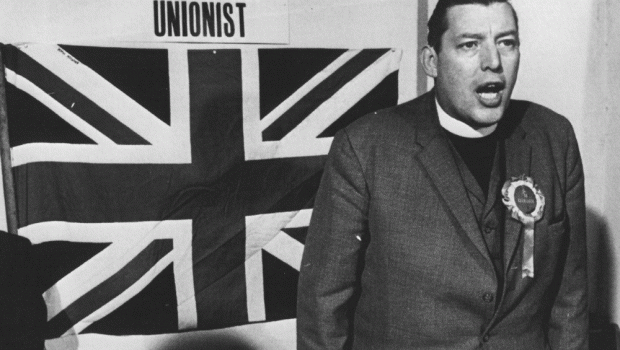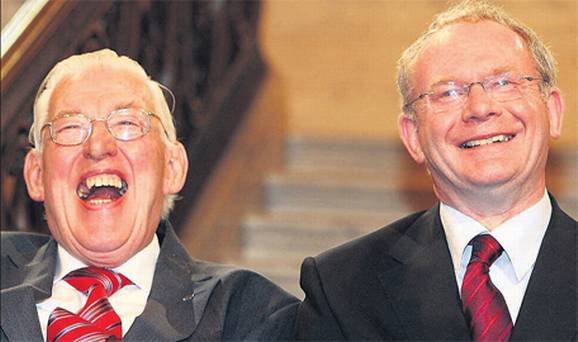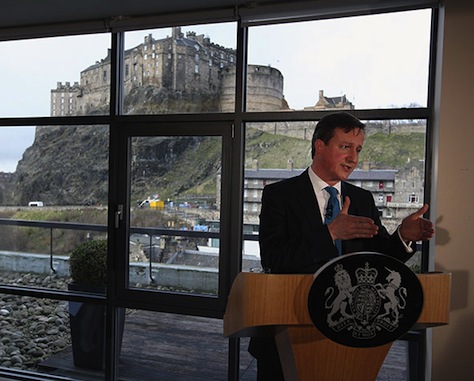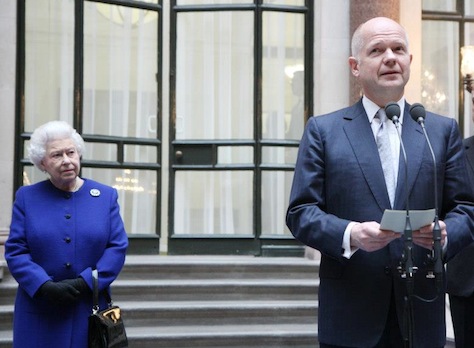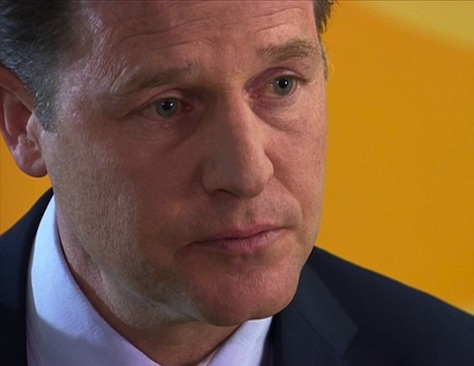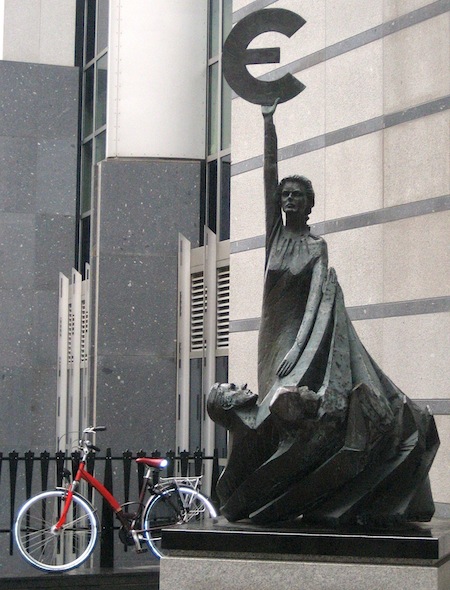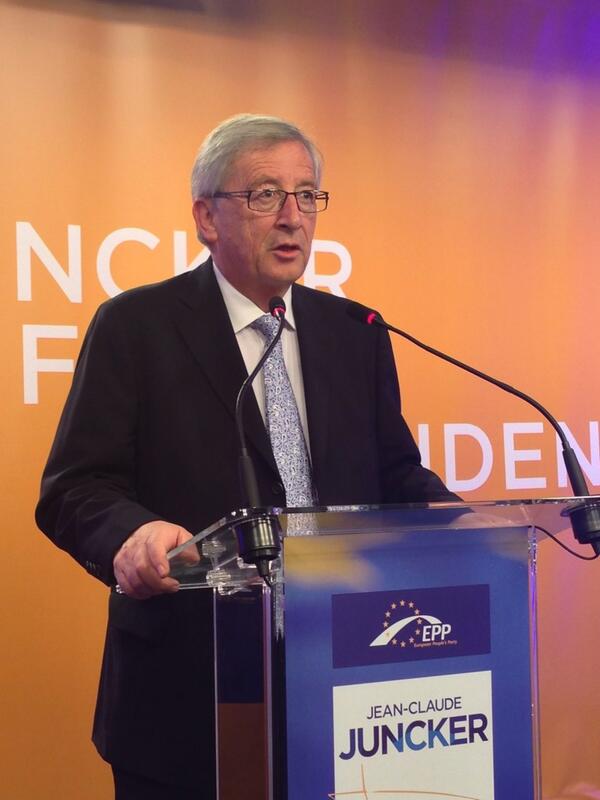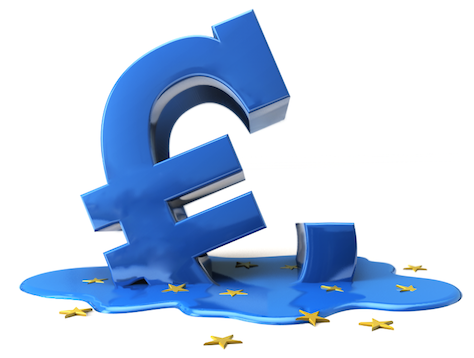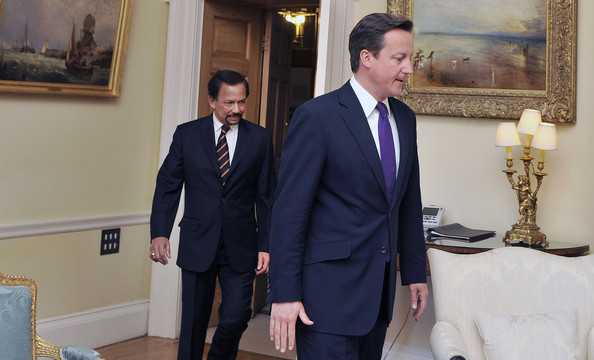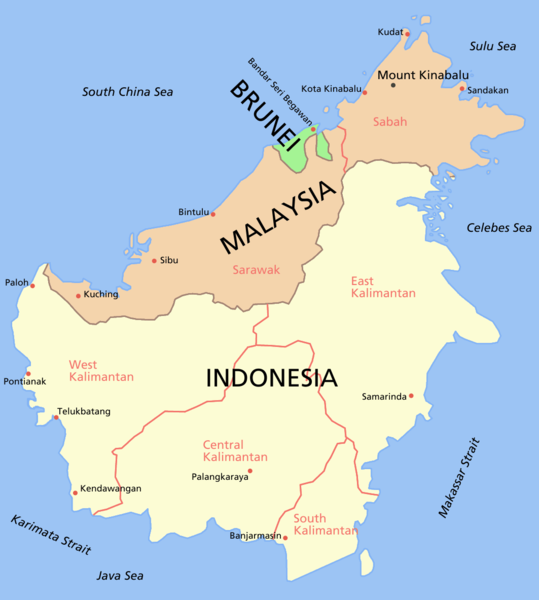One of the biggest carrots that the ‘Better Together’ campaign is dangling to undecided voters in the week before tomorrow’s Scottish independence referendum is the concept of ‘devo-max’ — the idea that London will deliver ever greater devolution of policymaking powers to the Scottish parliament in Holyrood.![]()
![]()
Conservative prime minister David Cameron, Liberal Democratic deputy prime minister Nick Clegg and Labour leader Ed Miliband on Tuesday together signed a high-profile pledge to give Scotland greater powers, even without reducing the amount of financial support Scotland currently receives from Westminster.
That is, of course, if Scots vote ‘No’ to independence.
It’s a vow that nationalist leaders, including Scottish first minister Alex Salmond, were quick to dismiss as last-minute gasps of desperation not to be trusted. Salmond, among others, noted that it was Cameron’s insistence on a straight in-or-out vote that eliminated a possible third option for a more federal United Kingdom or some form of devo-max when the two leaders agreed the referendum in March 2013.
Former Labour prime minister Gordon Brown has argued for months that a ‘No’ vote would necessarily require a debate over additional devolution. It might have been strategically wiser if British party leaders, as well as the leaders of the ‘Better Together’ campaign like former Labour chancellor Alistair Darling, had acknowledged the devo-max option earlier. That may be one reason why Brown, who engineered Scottish devolution upon Labour’s 1997 electoral victory, has emerged as such a strong champion for the ‘No’ campaign, despite his national defeat in the 2010 general election. His speech today, less than 24 hours before polls open, was one of the best of the campaign (on either side) and maybe the best of his career.
If a ‘Yes’ vote could endanger Cameron’s premiership, a ‘No’ vote tomorrow could alter Brown’s legacy for the positive.
But as politicians from the left and the right have descended upon Scotland in the last week, with polls showing a much tighter contest than the anti-independence campaign ever anticipated, it’s worth considering three questions about the latest promise of further devolution:
- Has Scotland effectively used its local governance powers in the past 15 years?
- What additional powers might Scotland be granted as part of ‘devo-max’?
- With a general election approaching in May 2015, and with the governing Conservative base firmly rooted in England, is the promise of devo-max something Cameron can legitimately deliver, in light of grumbling from English Tories increasingly frustrated about concessions to Scotland?
Continue reading If Scotland votes ‘No,’ what will devolution-max entail?
